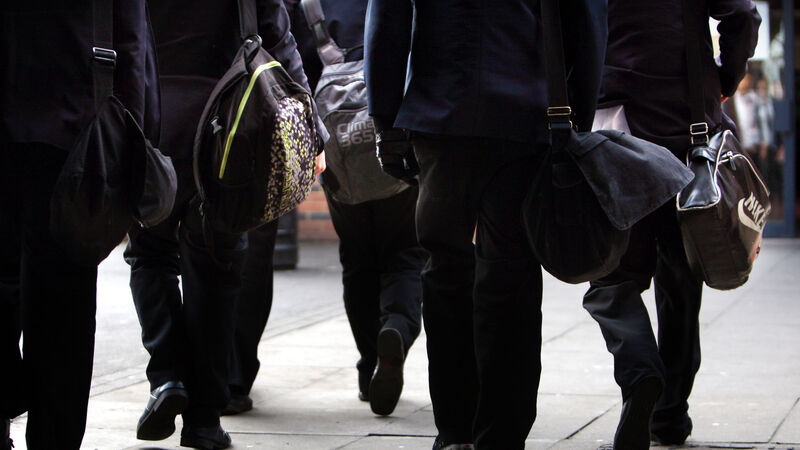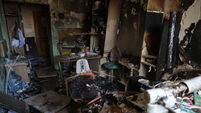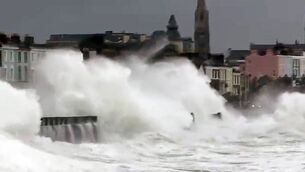Schools at ‘full capacity’ after influx of Ukrainian students

Some schools also reported emerging problems including trauma-related issues, undiagnosed additional needs, behaviour and communication difficulties.
Schools all across the country warned the Department of Education they are at or near capacity following efforts to accommodate children fleeing war-torn Ukraine in recent months.
New documents released to the offer a snapshot of the issues faced by schools, including concerns about capacity, communication, and support.













